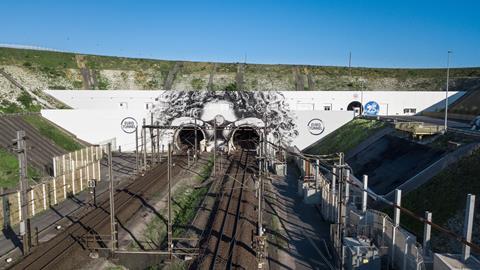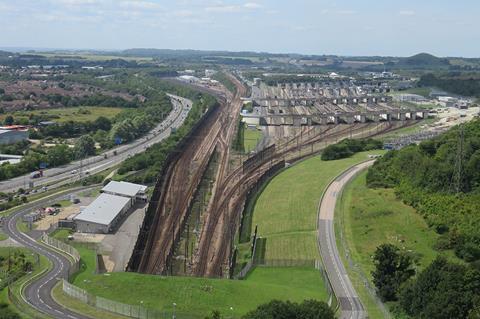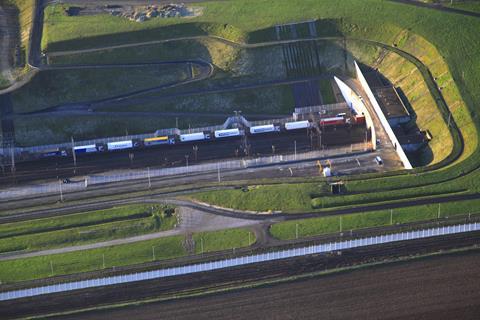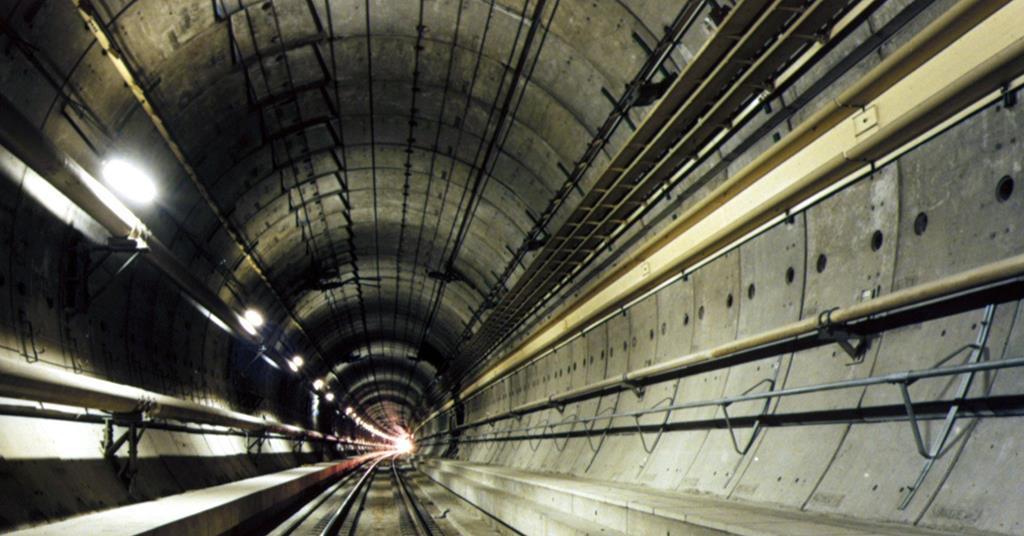Show Fullscreen

EUROPE: The UK and France have signed the last of four agreements to harmonise technical and safety rules and establish long-term governance arrangements for the Channel Tunnel following the UK’s departure from the EU.
The agreements aim to provide current and prospective train operators with long-term certainty regarding the rules that apply, whilst reducing administrative burdens and costs.
Technical agreements
Show Fullscreen

Following Brexit, the UK and France negotiated a series of bilateral agreements to ensure the continuation of services through the Channel Tunnel, starting with mutual recognition for train operator licences, train driver certification and safety certification. These agreements are being implemented through treaties.
The fourth and last is a Technical Framework Agreement which establishes a new governance and regulatory framework covering safety, interoperability and rail accident investigation. Described in an explanatory memorandum as ‘complex and technical’, the agreement is designed to provide consistent rules on both sides of the national frontier inside the Tunnel, meeting France’s obligations to implement the EU’s Fourth Railway Package while providing equivalent UK provisions.
The UK’s Office of Rail & Road will become responsible for supervising rail safety in the UK section of the Tunnel, a role currently held by the Intergovernmental Commission. France’s national safety authority EPSF replaced the IGC for the French section of the Tunnel at the start of 2021. IGC will continue to carry out a range of functions consistent with the Treaty of Canterbury under which the Tunnel was built, and the concession agreement under which it operates.
Train operators will be issued with a single safety certificate by one of the two safety authorities, which in the UK will be valid as far as Ashford International for passenger services or Dollands Moor for freight services, and in France to the station and yard at Calais-Fréthun. This avoids the need for operators to have multiple safety certificates to cross the border, and is expected to be particularly beneficial for freight operators seeking to reach the first point where they can handover to a domestic operator.
Growing cross-border connections
Show Fullscreen

Announcing the agreement in July, the UK government said it ‘marks the culmination of years of intensive work and close co-operation between both our countries’. The UK and France are now proceeding with domestic legislation to bring it into force.
The UK Department for Transport told Railway Gazette International ‘this new agreement supports the UK and France’s shared ambition to support the growth of our cross-border connections and to establish a thriving and competitive international rail market’.
The countries have also agreed to continue close collaboration to examine how to reduce barriers for potential new entrants to the cross-Channel passenger and freight rail markets.
Eurostar said ‘we look forward to working closely with both governments to ensure the cross-Channel network can meet future demand and deliver more sustainable journeys across Europe’.
